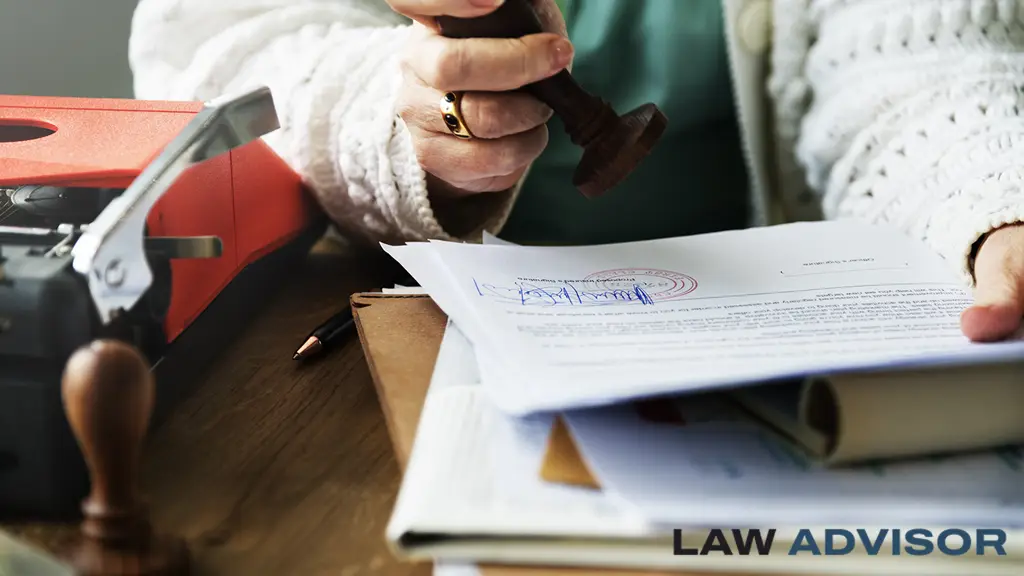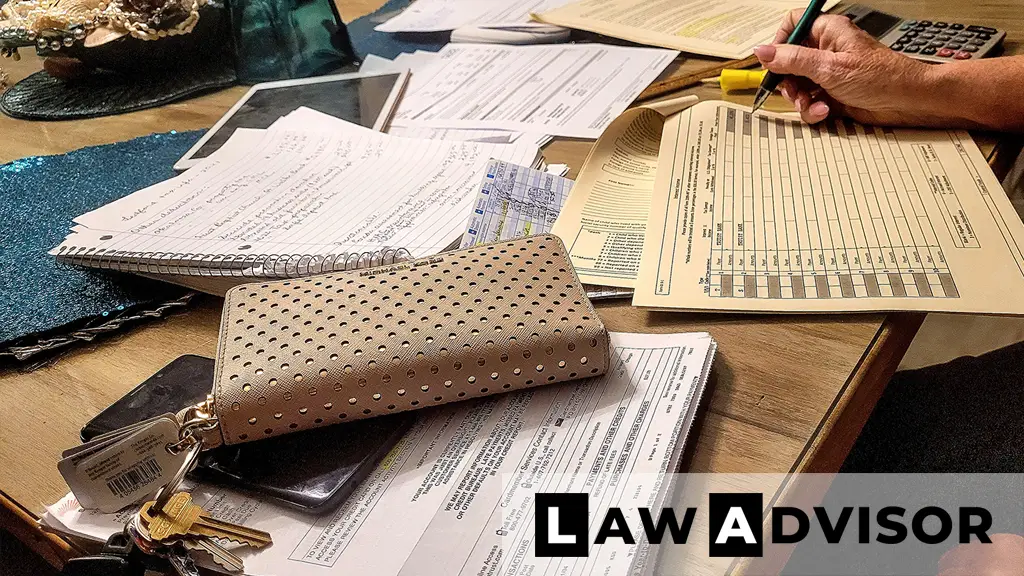Imagine being unable to make decisions for yourself—whether due to an illness, injury, or absence. Who would manage your finances? Who would speak to doctors on your behalf?
That’s where Power of Attorney (POA) comes in.
Power of Attorney is one of the most important legal tools in estate planning. It allows someone you trust to handle your affairs when you can’t. But not all POAs are the same, and using one improperly—or not at all—can create serious legal problems.
Let’s break down what Power of Attorney is, the different types, and how it works.
⚖️ What Is Power of Attorney?
Power of Attorney (POA) is a legal document that gives someone else—called your agent or attorney-in-fact—the authority to act on your behalf.
You (the principal) choose who that person is, what powers they have, and when the authority begins.
🧠 Why Do You Need a Power of Attorney?
Without a POA, your loved ones may have to:
- Go to court to get guardianship or conservatorship
- Delay making critical financial or healthcare decisions
- Lose access to important accounts
Having a POA in place ensures your affairs are handled quickly and according to your wishes if you’re ever incapacitated.
🧾 Types of Power of Attorney
There are several types of POA, each serving different purposes:
✅ 1. General Power of Attorney
Gives broad powers to the agent to manage your affairs, including:
- Banking
- Real estate
- Legal decisions
- Business operations
➡️ Often used for short-term needs or while you’re still fully capable.
✅ 2. Durable Power of Attorney
Stays in effect even if you become mentally or physically incapacitated.
💡 Most estate plans include a Durable POA for both financial and healthcare decisions.
✅ 3. Limited (Special) Power of Attorney
Gives the agent authority over specific tasks, like:
- Selling a house
- Managing a single bank account
- Signing documents during travel
It expires once the task is completed or after a specified time.
✅ 4. Springing Power of Attorney
Only “springs” into effect upon a specific event—usually your incapacity.
Requires medical certification to become active, which may delay urgent decisions.
✅ 5. Medical (Healthcare) Power of Attorney
Lets your agent make healthcare decisions on your behalf if you can’t communicate.
Often used in conjunction with:
- Living wills
- Advance directives
🧠 It does not allow your agent to make decisions while you’re fully conscious and competent.
🔍 What Powers Can Be Granted?
Your agent’s authority can be as broad or limited as you wish.
Examples of powers include:
- Paying bills
- Accessing bank accounts
- Managing property
- Making healthcare decisions
- Filing taxes
- Selling assets
- Making legal claims
Always tailor the document to your specific needs—and choose your agent wisely.
🧑⚖️ Who Should Be Your Agent?
Pick someone who is:
- Trustworthy
- Responsible and organized
- Willing to act in your best interest
- Able to manage complex decisions
Common choices:
- Spouse or partner
- Adult child
- Sibling or close friend
- Professional advisor or attorney
🔒 You can also name a backup agent in case your first choice is unavailable.
📝 How to Create a Power of Attorney
- Decide on the type of POA you need
- Choose your agent
- Consult an attorney or use a legally valid form in your state
- Sign in front of a notary (some states also require witnesses)
- Distribute copies to your agent, family, doctors, banks, etc.
- Keep the original in a safe but accessible place
⚠️ Each state has its own rules—always use a POA that complies with your local law.
🔄 Can You Revoke a Power of Attorney?
Yes! As long as you’re mentally competent, you can:
- Revoke a POA in writing
- Create a new one
- Notify your agent and anyone relying on the previous POA (like banks or doctors)
It’s smart to review and update your POA every few years or after major life changes.
⚠️ What Happens Without a POA?
If you become incapacitated and don’t have a POA:
- Your family may need to file for guardianship
- This process is time-consuming, expensive, and public
- You lose control over who makes decisions for you
POA is a simple document that can save your family a lot of heartache later.
🧠 You May Wanna Check Out:
- Estate Planning Checklist: Everything You Need to Do
- What Happens If You Die Without a Will? Intestate Explained
- How to Avoid Probate: Tips to Protect Your Assets
✅ Final Thoughts
A Power of Attorney gives you control even when you can’t speak or act for yourself.
It’s not just a form—it’s peace of mind.
Whether you’re planning for retirement, going through medical treatment, or just want to protect your family from future legal red tape, a POA is a critical part of your estate plan.
Don’t wait until it’s too late.





